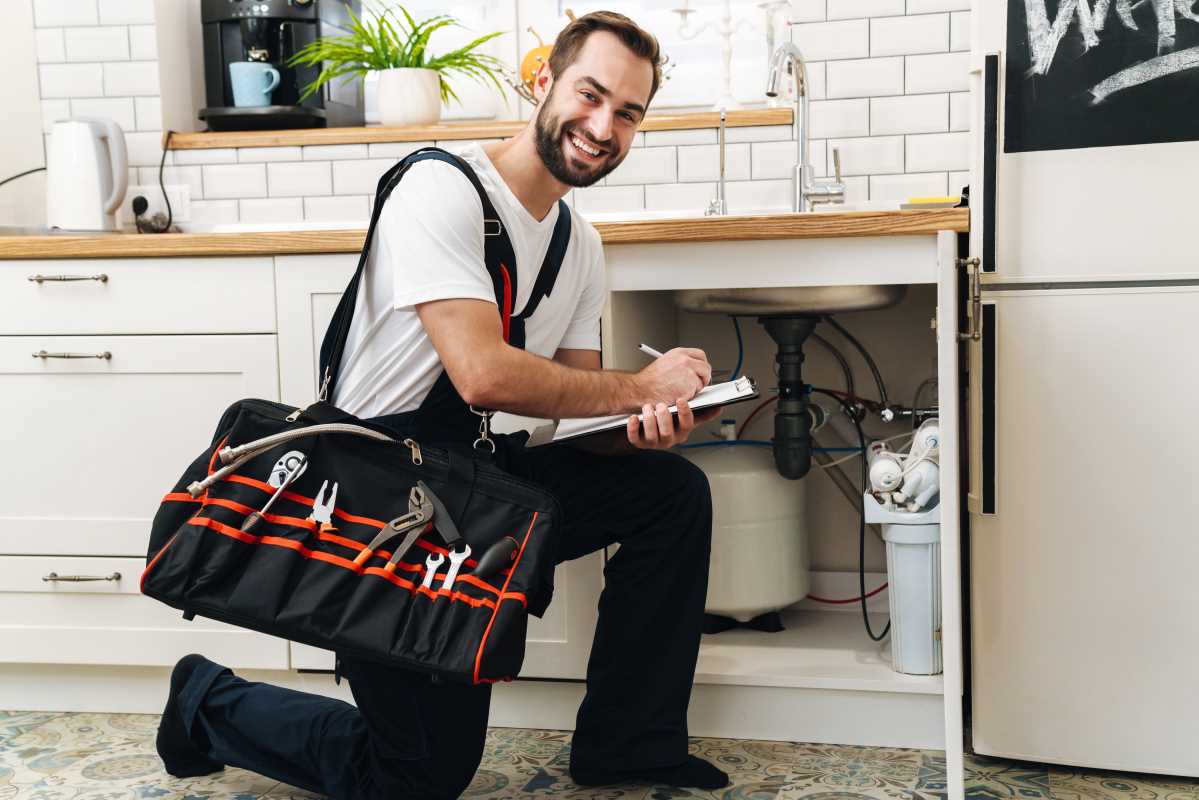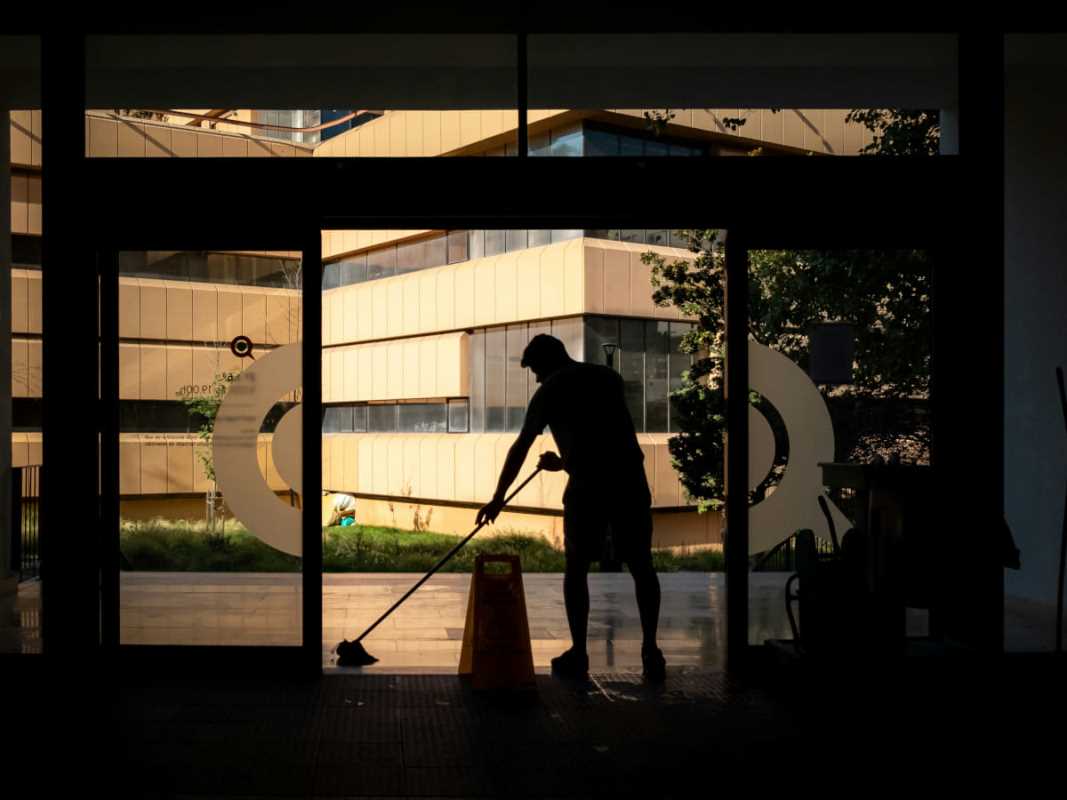Your roof is the unsung hero of your home, quietly protecting you and everything inside from rain, snow, and the occasional angry squirrel. Its importance makes hiring the right roofing contractor a top priority. The problem? Shady contractors exist, and scams in the industry are more common than you might expect. From outrageous quotes to sketchy repairs, falling victim to a contractor scam can leave you with an empty wallet and a roof that’s barely holding on. Here’s how to spot the red flags, ask the right questions, and protect yourself from getting burned.
Researching Credentials and Reputation
Word of mouth isn’t just for recommending your favorite pizza joint; it’s also invaluable when hunting for trustworthy contractors. One of the easiest ways to avoid scams is to research a contractor’s credentials and reputation. Start by checking if they’re licensed and insured. A legitimate roofing contractor should have no trouble providing proof of credentials that meet your state’s requirements. If they dodge the question or provide unclear answers, it’s time to look elsewhere.
Online reviews can also tell you a lot. Sites like Yelp, Google, or even your local Better Business Bureau are goldmines for understanding how contractors treat their customers. Glowing reviews and repeat clients often signal a reputable business, while patterns of complaints (especially the same ones over and over) might mean steering clear.
Ask for references, too. Reliable contractors often encourage you to talk to former customers. If they hem and haw when you ask, consider that a waving red flag. No references? No deal.
Lastly, look for local companies with an established history in the neighborhood. Fly-by-night contractors tend to breeze through town offering quick, cheap fixes, then conveniently disappear when things go wrong later.
Spotting the Red Flags
Scammers love exploiting urgency, so beware of any contractor with a hard sales pitch or pressure tactics. One common strategy? Claiming your roof is in dire need of immediate replacement without any evidence to back it up. If someone knocks on your door uninvited with a “just passing through” deal, it’s time to put your guard up.
Another big warning sign is a request for cash-only payments, especially upfront. Legitimate contractors will typically have business bank accounts, accept checks, or use digital payments for transparency. Speaking of upfront payments, a standard deposit is okay, but demanding a significant percentage before any work begins should raise concerns.
Also, pay attention to their contract (or lack of one). Legit contractors will always provide a written agreement outlining project details, timelines, costs, and warranties. If they’re vague about details or offer a verbal agreement, proceed with caution. Always insist on written contracts before allowing anyone on your roof.
A few more things to avoid:
- Discount offers that sound too good to be true (because they usually are).
- A refusal to provide identification, licensing, or insurance proof.
- A contractor who isn’t familiar with proper permitting processes or tells you permits aren’t necessary.
Asking the Right Questions
When hiring someone to work on your roof, you want to feel confident in their skills and honesty. Asking the right questions can make all the difference. Start with these basics and gauge how each contractor responds.
Do they have proper licensing and insurance? This one’s big. A professional contractor will hold both, ensuring they’re following legal requirements and protecting you from liability in case of accidents.
What’s their experience with roofs like yours? Not all roofs are the same, and the material, size, or structure may require specific expertise. Make sure they’ve handled similar projects before.
What’s included in the estimate? A clear, itemized breakdown will help you understand exactly what you’re buying and reduce opportunities for surprise “extras” that drive up the cost.
How will they handle unforeseen issues? No one can predict every detail of a project, especially with roofing, but a seasoned contractor will have strategies for managing unexpected setbacks (without breaking the budget).
What’s their warranty like? Any reputable roofer should offer warranties on both their work and the materials they use. Ask for the details to ensure their promises align with the project’s scope.
By the end of your Q&A session, you should feel confident that your contractor is transparent, professional, and focused on delivering quality work.
Protecting Your Investment
Taking a proactive role in the hiring process is key to avoiding scams. Beyond asking questions and reviewing credentials, there are additional steps you can take to protect yourself.
Always get multiple estimates. Comparing quotes from at least three contractors will help you determine a reasonable price range and weed out anyone who’s trying to overcharge or underbid suspiciously. Be wary of a bid that’s drastically lower than the others; it could mean corners are about to be cut.
Secure a detailed contract. This can’t be stressed enough. A well-written contract should include timelines, payment schedules, specific materials to be used, and cleanup responsibilities. If it’s not detailed, there’s more room for misunderstandings or disputes later.
Consider seeking legal advice if something feels off. While this might cost you up front, it’s far cheaper than hiring a litigator after you’ve fallen victim to a scam.
Lastly, never pay the full amount up front. A small deposit to secure materials is fine, but the bulk of the payment should wait until work is completed and inspected. Staggered payments tied to project milestones are a good compromise.
Steps to safeguard your roofing investment:
- Verify licenses, insurance, and local references.
- Get a detailed estimate from multiple contractors.
- Insist on transparent contracts and warranties.
- Avoid significant upfront payments; spread them over project phases.
- Consult legal or industry professionals if something feels wrong.
Trusting Your Gut
Ultimately, your instincts are the protective guardrails for this entire process. If a contractor’s behavior, promises, or practices feel off, listen to that inner voice telling you to move on. Hiring a roofing contractor might seem daunting, but with thorough research and a cautious approach, you can avoid scams while ensuring your roof is in expert hands.
Remember, the goal isn’t just to hire someone to “fix it,” but to secure a long-lasting and professional job that saves you money and stress in the long run. Your roof deserves care from someone who values quality and honesty as much as they value earning your business. By staying alert and informed, you won’t just avoid scams; you’ll feel confident in the decisions you make to protect your home.
 (Image via
(Image via





